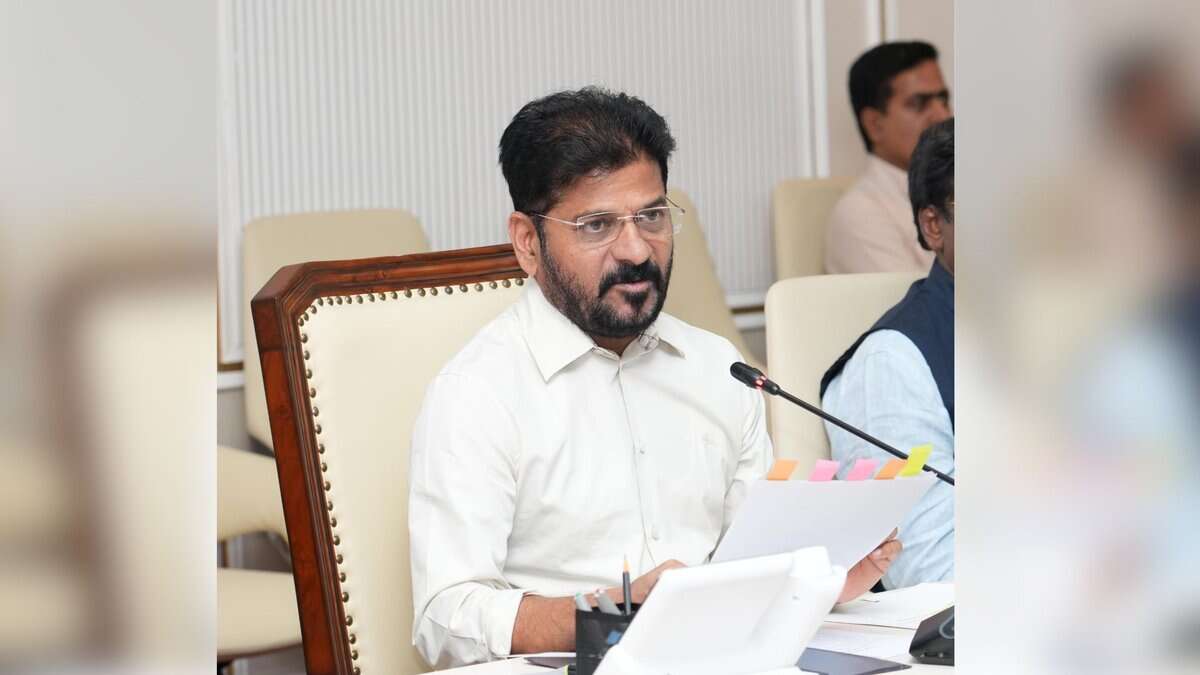
Hyderabad: Telangana chief minister A Revanth Reddy has directed all district collectors in Telangana to conduct field visits and surprise inspections, emphasising the importance of early action and accountability.
He has mandated that collectors leave their homes by 7 am each day and immerse themselves in their official duties.
“Each collector’s daily activities, including their destinations and completed tasks, must be reported to the chief secretary and the CMO,” he ordered.
The chief minister has made it clear that complacency will not be tolerated at any level of the administration, a press release informed.
On rains in Hyderabad, other districts
Given recent heavy rainfall across the state, the chief minister underscored the need for constant vigilance by all collectors. Hyderabad, in particular, has seen significant challenges, with roads flooded and lengthy traffic jams following downpours.
Revanth Reddy instructed the city’s police commissioners to be on site in affected areas at least three hours before rain is expected, coordinating with traffic and civic agencies to prevent congestion and ensure public safety. All relevant departments, including the GHMC, police, traffic, NDRF, SDRF, and fire services, have been told to mobilise disaster response teams rapidly, focusing on water clearance, waste removal, electricity restoration, and traffic control, it further said.
On sanitation, mosquito-borne diseases
Recognising the increased prevalence of sanitation issues and mosquito-borne diseases like dengue and malaria during the rains, the chief minister has ordered district health officials to enforce strict hygiene measures, including fogging and chlorination.
He insisted that all health and veterinary staff maintain full attendance, warning of strict consequences for absenteeism. Tribal welfare officials are also required to take preventive actions to protect Indigenous communities from infectious diseases.
On fertiliser shortages
Addressing concerns over fertiliser shortages, the chief minister assured that sufficient fertiliser stocks are available until August 10, with new supplies on the way. To prevent black marketing, he ordered that stock boards be prominently displayed at every shop, and mandated that two police officers and one revenue official oversee each shop’s distribution process.
“Collectors must monitor fertiliser supply daily online and conduct inspections at state borders. Any diversion of subsidised urea for non-agricultural uses will result in criminal prosecution,” he added.
Emergency preparedness has been strengthened with the government sanctioning one crore rupees in immediate-response funds to each collector for crisis management. Additionally, the irrigation department has been tasked with safeguarding water resources and managing tank and canal infrastructure to prevent breaches during the heavy rains.
The government is also expanding welfare coverage, announcing the distribution of 700,000 new ration cards to benefit an additional 3.1 million people. The ration card distribution program will operate across all mandals from July 25 to August 10, with participation from local ministers, MLAs, and senior district officials. Collectors are instructed to appoint a nodal officer in every mandal and directly oversee the efficient and transparent distribution of cards, the press release stated.
Finally, collectors are expected to rapidly disseminate weather alerts to all villages, keeping farmers and residents informed and prepared, it added.



